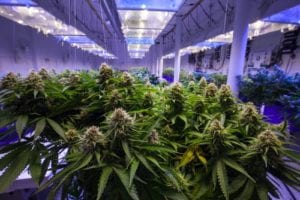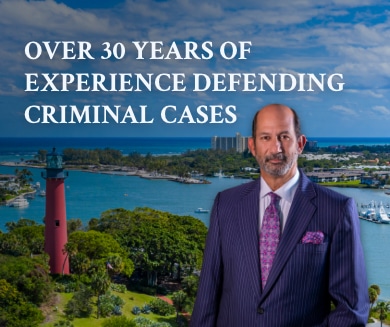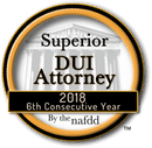West Palm Beach Marijuana Cultivation Lawyer
 With the recent passage of Amendment 2, the law that aims to legalize medical marijuana in Florida, the state’s marijuana laws are more complex than ever. Marijuana is still considered a Schedule I controlled substance under state and federal law. The cultivation or manufacture of marijuana is considered a felony offense. Section 893.02(5) of the Florida Statutes defines cultivation as “the preparation of any soil or hydroponic medium for the planting of a controlled substance or the tending and care or harvesting of a controlled substance.”
With the recent passage of Amendment 2, the law that aims to legalize medical marijuana in Florida, the state’s marijuana laws are more complex than ever. Marijuana is still considered a Schedule I controlled substance under state and federal law. The cultivation or manufacture of marijuana is considered a felony offense. Section 893.02(5) of the Florida Statutes defines cultivation as “the preparation of any soil or hydroponic medium for the planting of a controlled substance or the tending and care or harvesting of a controlled substance.”
You could face steep penalties for marijuana crimes in Florida without a strong West Palm Beach marijuana cultivation lawyer to defend your case. Attorney Brian Gabriel staunchly defends marijuana cultivation throughout Palm Beach County. If you are facing charges, it is important to act quickly to build a strong case.
Penalties for Marijuana Cultivation
Despite new legalization for medical cannabis, marijuana continues to be a Schedule I controlled substance under the Florida Comprehensive Drug Abuse Prevention and Control Act and the federal Controlled Substances Act. The lowest level cultivation crime is a third degree felony under §893.13(1). This means that you could receive a prison sentence of 5 years and a fine of up to $5,000 if you are convicted of manufacturing or cultivating marijuana in Florida.
Cultivation charges can be elevated to a second degree felony under certain circumstances. If the cultivation or manufacture of marijuana occurred within 1000 feet of the property of any of the following facilities, you could face penalties of up to 15 years in prison and a fine of up to $10,000:
- A child care facility
- A public or private elementary, middle, or high school/ secondary school
- A state, county, or municipal park
- A community center for the provision of recreational, social, or educational services
- A publicly-owned recreational facility
- A public or private institution of higher learning, such as a college or university
- A place of worship
- A convenience store, or place of business open between 11pm and 5am
- A public housing facility
- An assisted living facility
In addition, penalties can escalate if you exceed a specific threshold of marijuana. If the quantities of the alleged marijuana cultivation meet any of these guidelines, you could face first degree felony trafficking charges that implement mandatory minimum sentences.
- More than 25 pounds of marijuana but fewer than 2,000 pounds; 300 cannabis plants but fewer than 2,000 plants: mandatory minimum sentence of 3 years and a maximum $25,000 fine.
- 2,000 or more pounds of marijuana, but fewer than 10,000 pounds; 2,000 or more cannabis plants but fewer than 10,000 plants: mandatory minimum sentence of 7 years and a maximum fine of $50,000.
- 10,000 or more pounds of marijuana, or 10,000 or more cannabis plants: mandatory minimum of 15 years in prison and a maximum fine of $200,000.
West Palm Beach Marijuana Cultivation Lawyer
Cultivating marijuana is a serious crime in Florida whether you cultivate in a garden or in an indoor grow house. The penalties you may face, especially potential mandatory minimums for an alleged excess of marijuana plants or product, could put your future in jeopardy for a very long time. Do not hesitate to contact an experienced West Palm Beach marijuana cultivation lawyer who works on marijuana cases. Brian Gabriel has served Palm Beach County for over 30 years. Contact The Law Office of Gabriel & Gabriel or call 561-622-5575 for a free consultation.









